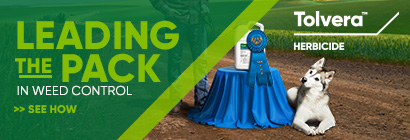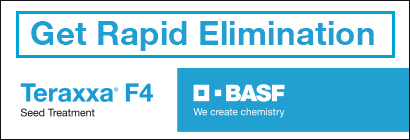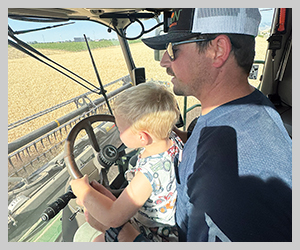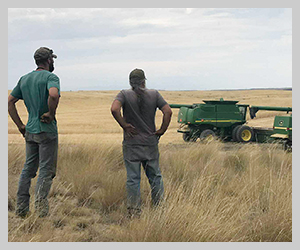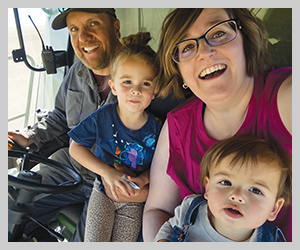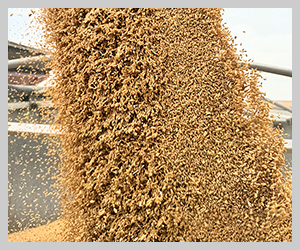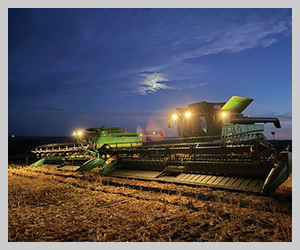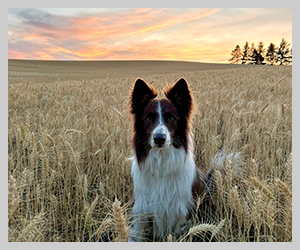Planting the seeds of ag literacy An update from Washington Ag in the Classroom
2025August 2025
By Alisha Klein
Public Relations and Promotions Administrator, Washington Ag in the Classroom
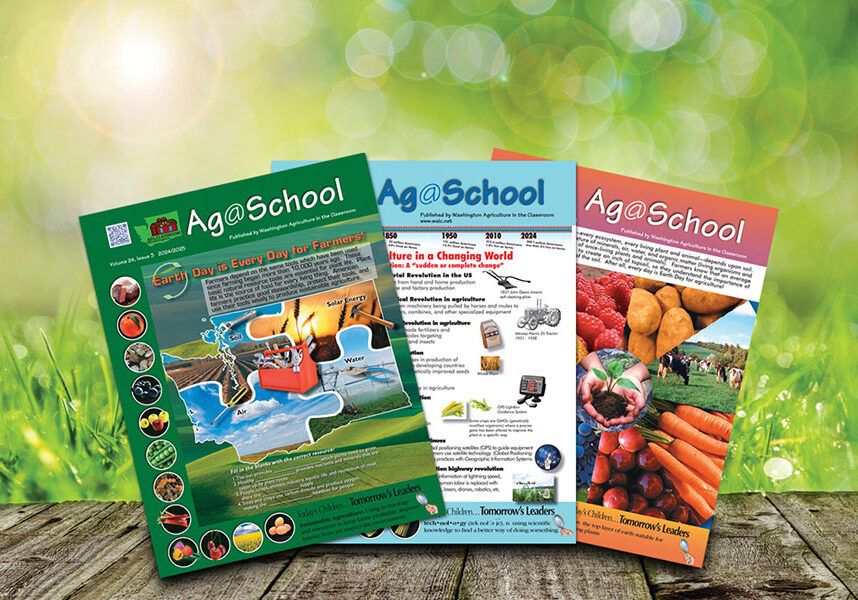
Understanding where our food comes from is something every person should know — and something every child should be taught. That’s the heart of the mission behind Washington Ag in the Classroom (WAIC), a program I’m honored to be a part of.
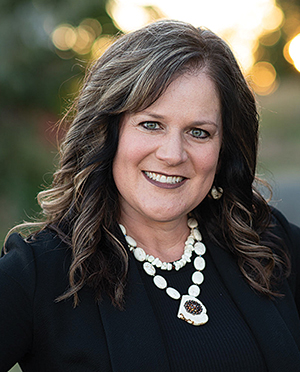
My name is Alisha Klein, and I serve as the public relations and promotions administrator for WAIC. I was born and raised on a wheat and cattle ranch just 15 miles south of Ritzville. After college, my husband and I returned to the family farm to raise our three children who are now fifth generation. Being involved in agriculture, education, and communication has always been a passion of mine, so joining WAIC felt like a natural and meaningful step.
As we look ahead to the 2025-26 school year, I’d like to share an update on our program’s growth and impact! WAIC is part of a national program dedicated to “increasing agricultural literacy through K–12 education.” Our main project, Ag@School, is celebrating a major milestone this year — we’ve been publishing Ag@School three times a year for 25 years! This achievement wouldn’t be possible without the generous support of sponsors like the Washington Wheat Foundation and the enthusiastic participation of teachers and students across the state.
Though Ag@School is primarily designed for 4th-grade classrooms, its engaging content and curriculum-aligned lessons are used by teachers all the way through high school. We publish three issues annually, all of which are mailed free of charge to subscribing classrooms. The issues focus on the diversity of Washington agriculture, innovations in ag technology, and the importance of environmental stewardship. Specifically to wheat, students have learned how wheat farmers are incorporating technology, such as GPS and drones; the importance of the dams in moving wheat to market; and how wheat is milled into flour, among other concepts. Teacher guides ensure that the content meets state educational standards. If you know of a teacher, school, or classroom that would benefit from Ag@School, it’s not too late to sign up. Visit waic.net and click on “Subscribe,” or email us directly at waaginclassroom@gmail.com.
We’ve also been thrilled with the success of our “Workshop in a Box” project, a 3rd through 5th grade ag literacy kit packed with ag literacy books, materials, and hands-on activities. These kits were distributed to classrooms throughout Washington and received overwhelmingly positive feedback. Building on that momentum, we’re introducing a new early elementary resource this year: The Day the Farmers Quit, a heartwarming K–2 book that helps students understand the critical role farmers play in their everyday lives.
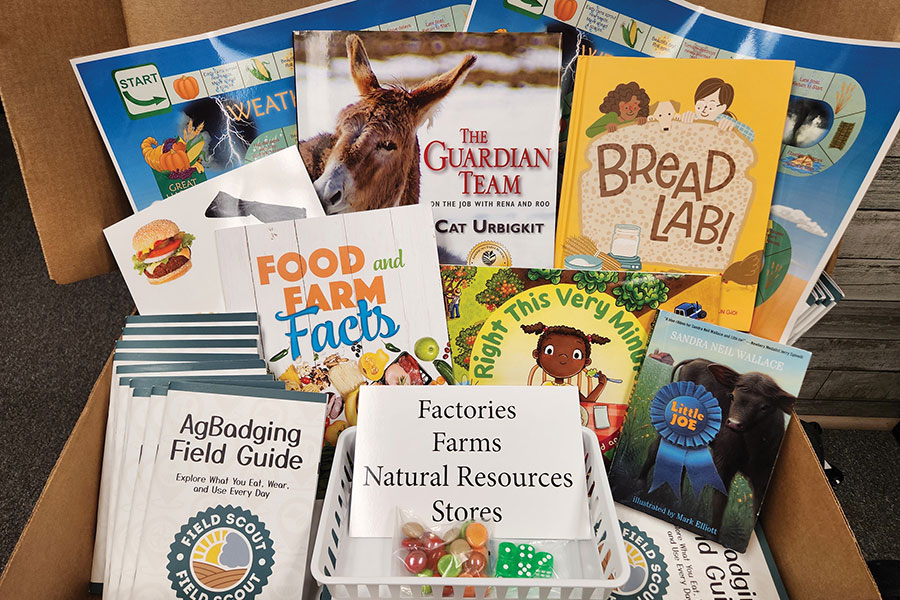
In addition to printed materials, we offer digital resources through the Agricultural Literacy Curriculum Matrix, an online database filled with lesson plans and companion tools for teaching ag-related topics. Whether you’re planning a one-day activity or an in-depth unit, this resource is a one-stop shop for high-quality, standards-based ag education materials. You can explore it on our website as well.
Looking ahead, we’re excited to announce a new collaboration with the Dairy Farmers of Washington to launch “Dairy in a Box,” a creative new resource currently in development with the potential for farm tours. Stay tuned for more details.
WAIC is supported by a volunteer board representing the breadth of Washington’s agricultural community. Our work is made possible entirely through donations, grants, and sponsorships from individuals, organizations, and commodity commissions. To all of our supporters, especially the Washington Wheat Foundation, THANK YOU! Your contributions help us plant the seeds of agricultural understanding and appreciation in classrooms across the state.

